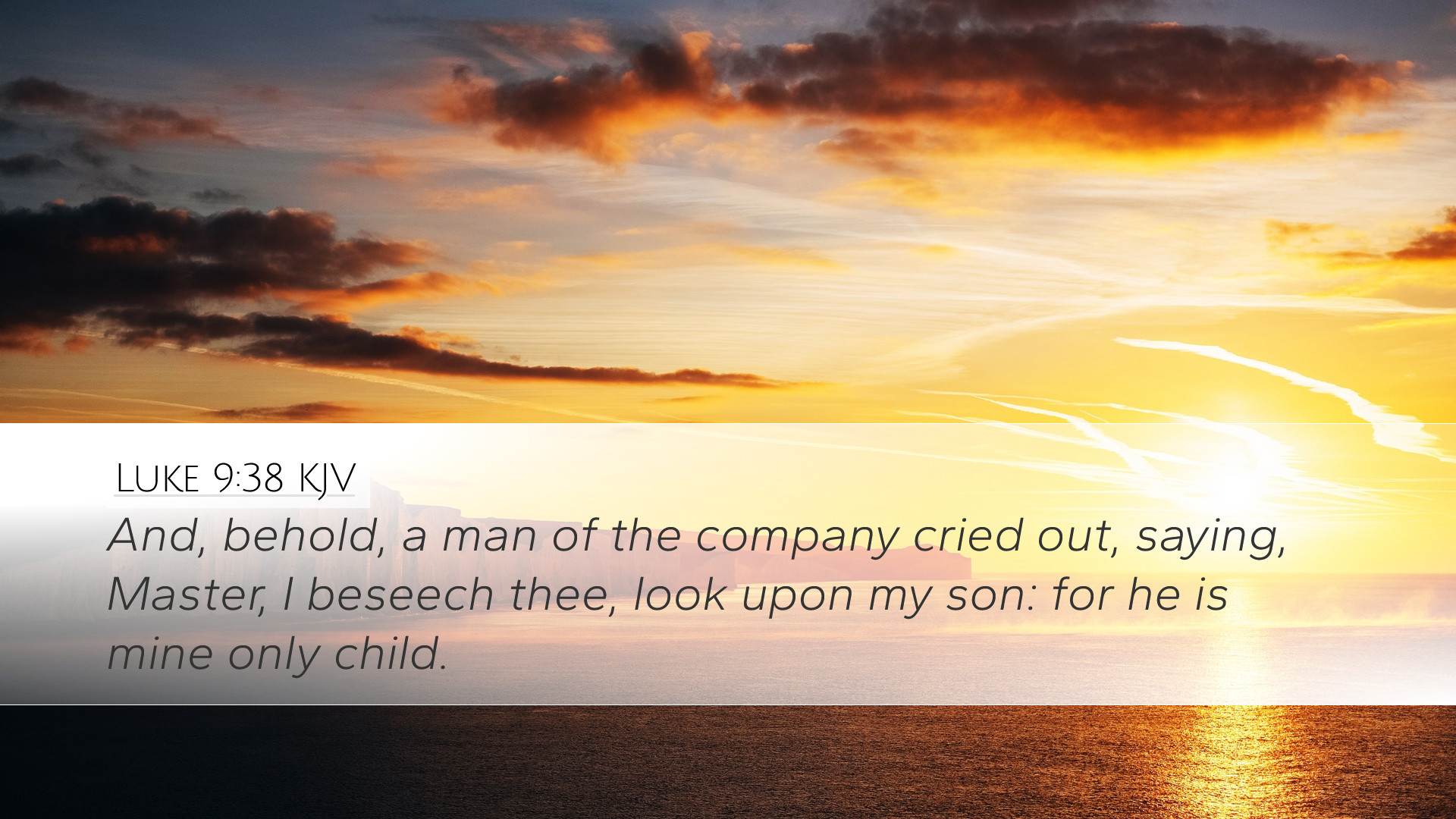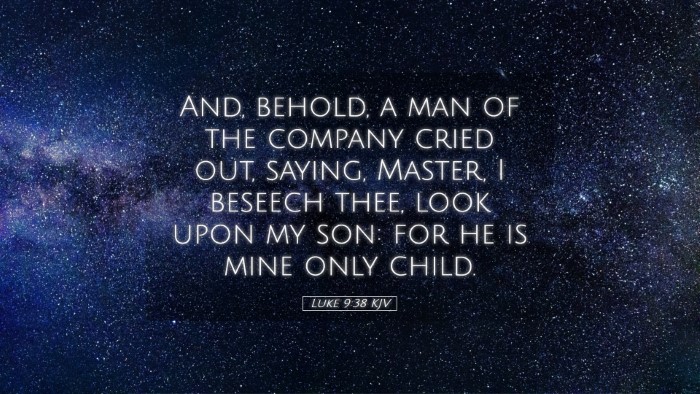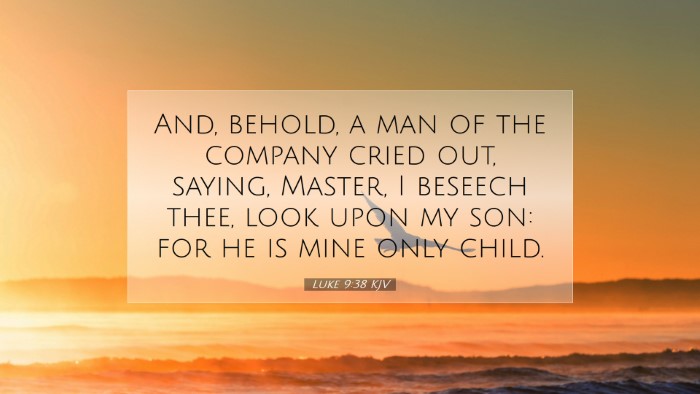Old Testament
Genesis Exodus Leviticus Numbers Deuteronomy Joshua Judges Ruth 1 Samuel 2 Samuel 1 Kings 2 Kings 1 Chronicles 2 Chronicles Ezra Nehemiah Esther Job Psalms Proverbs Ecclesiastes Song of Solomon Isaiah Jeremiah Lamentations Ezekiel Daniel Hosea Joel Amos Obadiah Jonah Micah Nahum Habakkuk Zephaniah Haggai Zechariah MalachiVerse
Luke 9:1 Luke 9:2 Luke 9:3 Luke 9:4 Luke 9:5 Luke 9:6 Luke 9:7 Luke 9:8 Luke 9:9 Luke 9:10 Luke 9:11 Luke 9:12 Luke 9:13 Luke 9:14 Luke 9:15 Luke 9:16 Luke 9:17 Luke 9:18 Luke 9:19 Luke 9:20 Luke 9:21 Luke 9:22 Luke 9:23 Luke 9:24 Luke 9:25 Luke 9:26 Luke 9:27 Luke 9:28 Luke 9:29 Luke 9:30 Luke 9:31 Luke 9:32 Luke 9:33 Luke 9:34 Luke 9:35 Luke 9:36 Luke 9:37 Luke 9:38 Luke 9:39 Luke 9:40 Luke 9:41 Luke 9:42 Luke 9:43 Luke 9:44 Luke 9:45 Luke 9:46 Luke 9:47 Luke 9:48 Luke 9:49 Luke 9:50 Luke 9:51 Luke 9:52 Luke 9:53 Luke 9:54 Luke 9:55 Luke 9:56 Luke 9:57 Luke 9:58 Luke 9:59 Luke 9:60 Luke 9:61 Luke 9:62

